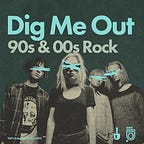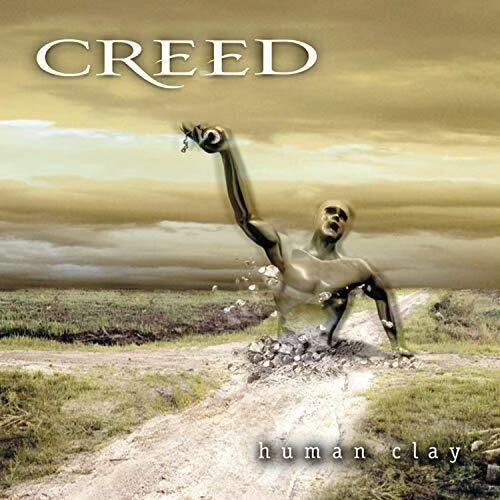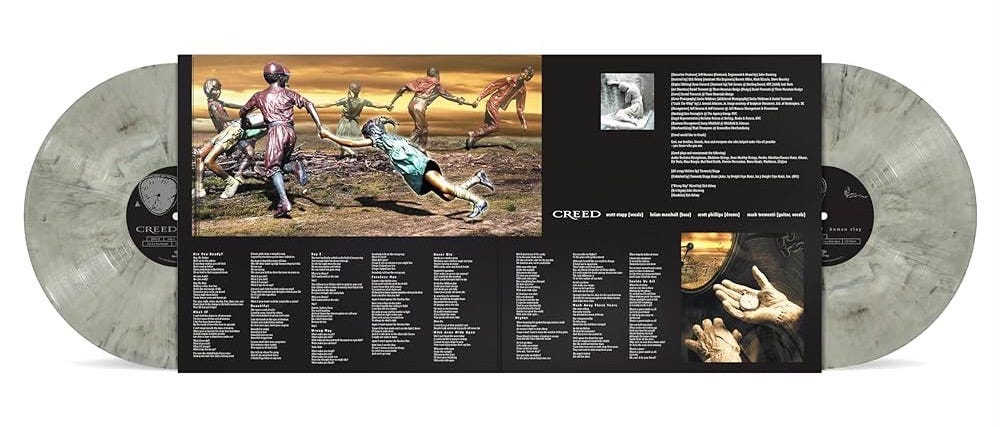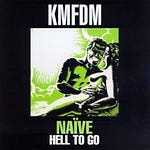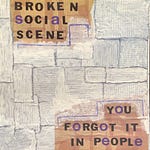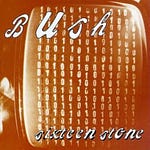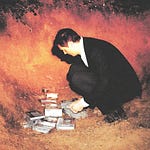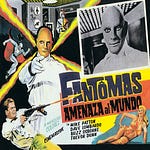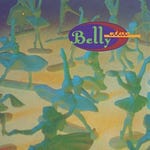Creed is coming back to your town. They’re loading up the tour bus, dusting off those late ‘90s riffs, and hitting the road again. And suddenly, something weird is happening. People actually want to go.
It’s hard to admit after 25 years of cultural mockery, but here we are. The ‘90s nostalgia wave isn’t just about Pearl Jam and Soundgarden anymore. It’s dragging Creed back into the conversation, forcing us to reckon with Human Clay, that diamond-certified behemoth from 1999 that 11.6 million people bought and everyone’s been embarrassed about ever since.
So maybe it’s time to stop running from the question and actually ask it: what was Creed, really? And why does Human Clay matter more now than it did when every music snob spent the 2000s pretending it never happened?
Yeah, I said it.
“Nothing But Rock” Became Butt Rock
First, context. Human Clay didn’t drop into a vacuum. It arrived at the exact moment grunge collapsed under its own weight. By late ’99, Layne Staley had retreated into his Seattle apartment, Soundgarden was done, Nirvana was a memory, and Pearl Jam, the only survivors of the Big Four, had gone experimental and alienated half their fanbase.
The airwaves needed something. Radio stations started branding themselves with the slogan “Nothing But Rock.” B-U-T rock. Which morphed into the derogatory term we know now: butt rock. You know, music designed less for your head, more for your… well, your butt. Music that made you nod along without thinking too hard. Music that felt important without actually saying anything.
And Creed? They became the kings of it.
Mark Tremonti: The Secret Weapon
Here’s what shocked me: Mark Tremonti is really good.
Listen past Scott Stapp’s Eddie Vedder karaoke for a second. Focus on the guitar work. There are Eastern scales woven into the intros. There are Tool-influenced rhythmic pauses. There’s a sophistication to the riffing that goes way beyond drop-D power chord chugging. Songs like “Beautiful” and “Never Die” step outside the quiet-verse-loud-chorus formula that plagued late-’90s rock like a plague of Nickelback.
The bass and drums? Surprisingly inventive. There are runs and accents that don’t just follow the root notes. The rhythm section on “Never Die” has this Primus-like bendiness that caught me completely off-guard. And that double-time fill at the end of “Are You Ready”? That’s actual musicianship breaking through the butt rock haze.
Tremonti went on to form Alter Bridge with Myles Kennedy, a legitimately respected project in prog-metal circles. He hired Wolfgang Van Halen for his solo band. Other musicians respect him. And suddenly, you realize: Human Clay worked because three-quarters of this band were excellent players trapped in a vehicle designed for maximum radio penetration.
Scott Stapp: The Problem and the Solution
Let’s address the elephant in the room. Or rather, the baritone belting about golden streets.
Scott Stapp’s voice is undeniably powerful. When he leans into those massive choruses, “Can you take me HIGH-ERRRRR,” there’s a theatrical grandiosity that connects on a visceral level. That’s how you sell 11.6 million copies.
But here’s where it gets uncomfortable. The hosts counted the pronouns: “I,” “me,” “my,” “mine” appear 225 times on this album. Not “you.” Not “he” or “she” or “them.” Just… me. Me. Me.
Compare that to grunge. Pearl Jam’s “Jeremy” tells someone else’s story. Alice in Chains wrestles with addiction through characters and metaphors. Even Soundgarden’s abstract poetry gestures outward at societal collapse. But Creed? It’s relentlessly internal, yet presented with the weight of religious revelation.
The genius (or cynical brilliance) of Human Clay is that it sounds spiritual without actually committing to anything. “With arms wide open, I’ll show you everything,” wait, who’s showing whom? Is Scott speaking as Christ? Is he Christ-like? The vagueness lets Christian rock fans claim it, while mainstream audiences just hear an anthem about… something important, probably.
It’s salad-bar Christianity. Take what you want, leave the rest, and sell it to everyone.
The Butt Rock Manifesto
Here’s the uncomfortable truth: butt rock is the sound of rock music giving up its rebellion.
‘80s hair metal was dumb, sure, but it was about partying with other people. Early grunge was introspective but confrontational, angry at systems and culture. Butt rock? It’s self-obsessed without self-awareness. It’s grandiose without substance. It mistakes loudness for importance.
“What if?” Scott asks 25 times in one song. What if what, dude? The lyrics never land anywhere specific. They gesture at profundity, “What if your words could be judged like a crime?” (thanks, Philip K. Dick), but they’re Cliff Notes philosophy delivered with Eddie Vedder’s vocal affectations.
And yet.
Why It Worked (And Still Does)
Human Clay is the fifth best-selling album of the entire 1990s. Let that sink in. It outsold most of your favorite records. It dominated 1999-2000 so completely that “Higher” and “With Arms Wide Open” became inescapable, and both are buried deep in the album’s tracklist, which is a bizarre choice that somehow worked.
Why? Because Creed distilled post-grunge into its purest essence: big guitars, bigger emotions, and lyrics vague enough for anyone to project their own meaning onto them. They’re the musical equivalent of a Rorschach test. You hear what you need to hear.
Teenage kids in 1999 didn’t care that the lyrics were generic. They heard power. They heard anthems that made them feel something in an era when alternative rock had disappeared up its own ass. Creed wasn’t asking you to think. They were asking you to feel, specifically, to feel like you were part of something Important with a capital I.
And in arenas full of people with lighters raised (or arms wide open), it worked.
A Diamond-Certified Paradox
Strip out “Beautiful,” “Never Die,” and maybe one power ballad, and you’ve got an EP of genuinely interesting late-’90s hard rock. The rest? Formulaic, self-important, and exhausting.
But I can’t deny what it represented. It’s the album that marked the exact moment rock radio stopped challenging listeners and started catering to the lowest common denominator. It’s the sound of commercialized angst, repackaged rebellion, and self-help mantras dressed up as spiritual awakening.
It’s also the sound of three talented musicians trying to push boundaries while their frontman turned into an Eddie Vedder tribute act with a messiah complex.
So no, I won’t be revisiting Human Clay anytime soon. But I’ll give Mark Tremonti his due: the man can play. And I’ll give Creed this, they wrote “Higher,” one of the most effective arena rock choruses of all time, even if I never want to hear it again.
Would I recommend this album? Only if you’re studying the exact moment post-grunge ate itself. Or if you really, really need to feel something big and vague while driving through a rainstorm.
Otherwise? Check out Alter Bridge instead. Same guitarist, better lyrics, and way less butt.
What’s your Creed origin story? Were you there in ‘99 when this thing was unavoidable? Let’s talk about it in the comments.
Songs in this Episode
Intro - Higher
28:42 - Beautiful
33:40 - Are You Ready
37:57 - Never Die
53:57 - What If
Outro - With Arms Wide Open


